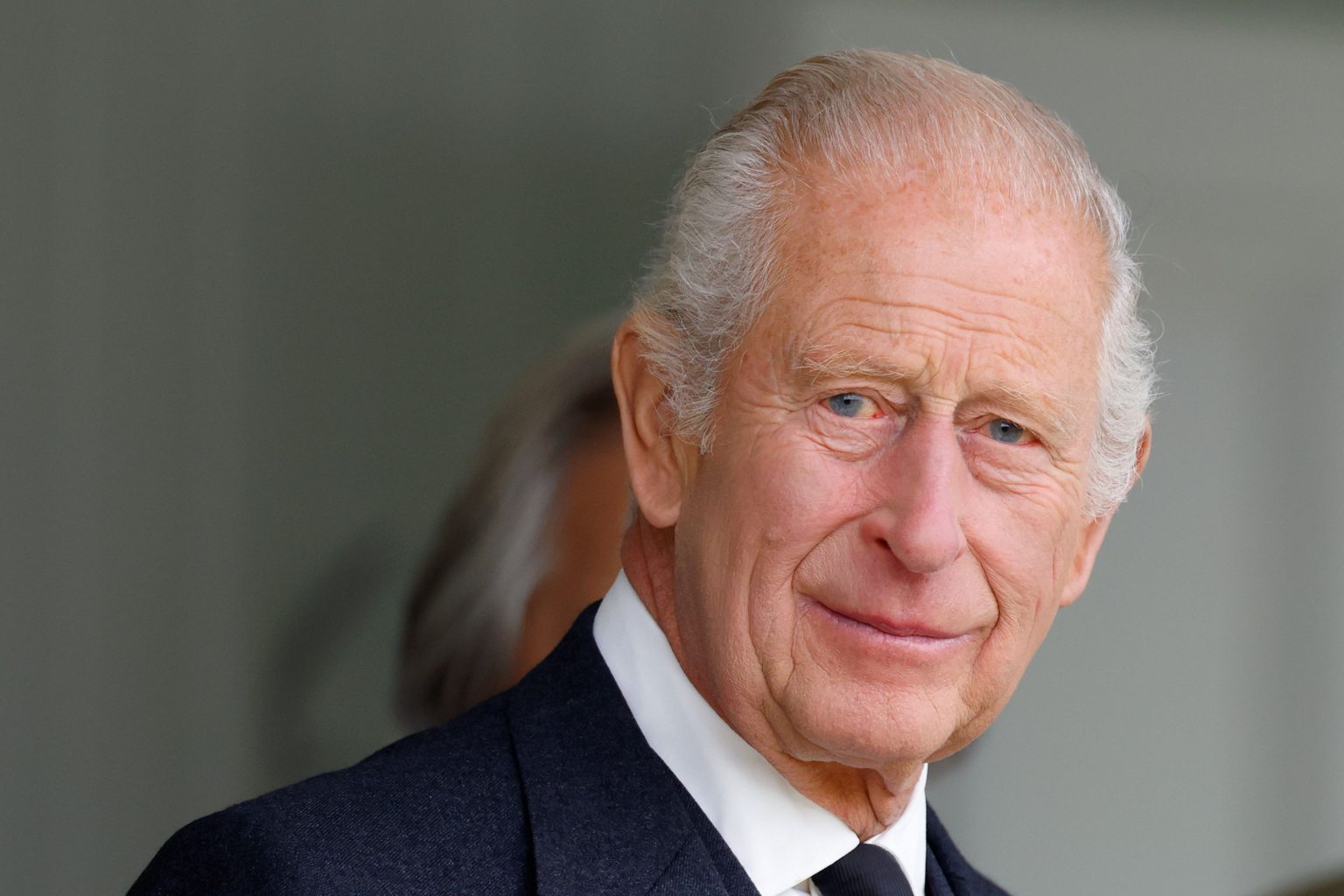Royal Popularity in Decline: King Charles III’s Monarchy Faces Historic Challenges
In a revealing snapshot of changing British attitudes, King Charles III’s monarchy is experiencing its lowest popularity ratings since polling began four decades ago. According to the latest British Social Attitudes survey released by the National Centre for Social Research, support for the monarchy has plummeted from an overwhelming 86 percent in 1983 to a bare majority of 51 percent in 2024. This dramatic decline represents the steepest drop in royal popularity ever recorded by the research charity in its 42 years of tracking public opinion, surpassing even the difficult period following Princess Diana’s death. The data reveals not just waning enthusiasm but a fundamental shift in how British citizens view this centuries-old institution, with support for abolishing the monarchy quintupling from a mere 3 percent to 15 percent during the same timeframe, while those who consider it unimportant but don’t advocate for its abolition has tripled from 10 percent to 31 percent.
Perhaps most concerning for royal supporters is the collapse among passionate monarchists. In 1983, nearly two-thirds of Britons (64.6 percent) deemed it “very important” to maintain the monarchy, compared to just 24.1 percent in 2024—a historic low. This significant erosion of ardent support indicates deeper challenges beyond mere fluctuations in popularity. While previous royal crises, including the turbulent 1990s marked by Charles and Diana’s divorce and her subsequent tragic death in 1997, certainly impacted public sentiment, support for the monarchy never fell below 60 percent during those difficult years. The current landscape presents a more fundamental challenge, with only 24.1 percent believing the institution remains “very important,” while 26.7 percent see it as “quite important,” 20 percent as “not very important,” and 11.2 percent as “not important at all.”
What makes these findings particularly striking is how the framing of questions reveals even more dramatic shifts in public opinion. When respondents were simply asked to choose between continuing the monarchy or moving to an elected head of state, 58 percent preferred keeping the royals, but a substantial 38 percent favored an elected alternative—more than double the percentage advocating outright abolition in the more nuanced questioning. Among younger Britons aged 16-24, the results are even more pronounced, with 67 percent supporting a republic compared to just 30 percent preferring to maintain the monarchy when presented with this binary choice. This generational divide suggests potential long-term challenges for the institution as these younger citizens age into positions of greater societal influence.
Alex Scholes, research director at the National Centre for Social Research, highlighted the significance of these findings, noting that “Support for the monarchy is now at its lowest level since our records began, with more people than ever questioning its future.” He also pointed to an interesting tension in the data: despite declining perceptions of importance, a majority still prefer keeping the monarchy when forced to choose between it and an elected alternative. This contradiction “between declining importance and continued preference,” as Scholes puts it, will likely shape debates about the monarchy’s role in British society in the coming years, suggesting that while many Britons may no longer see the institution as essential, they aren’t yet ready to abandon it entirely.
Various factors appear to be driving this shift in public sentiment. The death of Queen Elizabeth II in 2022 removed a uniquely stabilizing figure who had served for over 70 years, connecting generations of Britons to the monarchy through her consistent presence. Unlike his mother, King Charles III ascended to the throne without the benefit of decades of established public goodwill and during a period of rapid social change. Additionally, multiple royal scandals have placed the institution at odds with contemporary values, while broader societal shifts away from deference to traditional institutions have accelerated. Graham Smith, chief executive of anti-monarchy campaign group Republic, offered a stark assessment to Newsweek, suggesting the monarchy is in “very serious trouble” and claiming “it’s a matter of when not if it’s abolished,” attributing the declining support to fading nostalgia, the absence of Queen Elizabeth II, and mounting scandals.
Despite these challenges, the monarchy as an institution has weathered numerous crises throughout its long history. Whether King Charles III can reverse this declining trend remains to be seen, but the data clearly indicates he faces a more skeptical public than previous monarchs. The palace, following its longstanding policy, has not commented on these poll results. What seems certain is that the British monarchy finds itself at a crossroads, needing to demonstrate its relevance to a population increasingly questioning its importance in modern society. As the nation continues to evolve, the monarchy’s ability to adapt while maintaining its traditional role will likely determine whether these polling trends represent a temporary dip or the beginning of a more fundamental shift in the relationship between the British people and their royal family.


